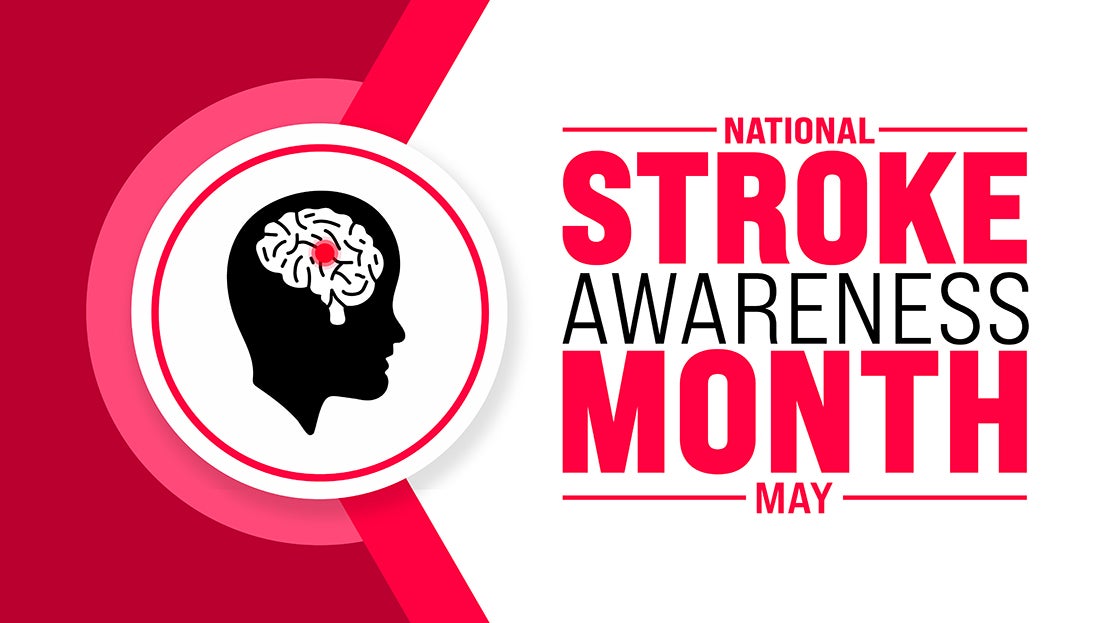
Susan Sphar remembers it was around five o’clock in the afternoon and she was thinking about what to cook for dinner.
“My husband Donald walked into the kitchen and I started to talk, but all that came out was gibberish,” she recalled. “I knew I was talking crazy, but I couldn’t stop myself.”
He called their daughter Kelley, who lived just five miles away. When she arrived, they called EMS, who drove Sphar from their home in Red River, New Mexico to a hospital in Taos, New Mexico, 40 miles away.
Doctors quickly determined Sphar was suffering a stroke. They administered a blood-thinning medication and she was airlifted by helicopter to Lovelace Medical Center in Albuquerque. The 76-year-old retired bank manager spent the following days in the intensive care unit (ICU), where she underwent a battery of tests.

Stroke signs and symptoms
Fortunately for Sphar, her family recognized her symptoms and acted quickly. According to The Stroke Foundation, these are the signs and symptoms of a stroke:
Face drooping — Is one side of the face drooping? Look at their eyes, cheeks or lips to check for any unusual asymmetry or droopiness.
Arm weakness — Is the person experiencing arm weakness? Ask them to raise both arms to shoulder height and check for one arm that seems lower than the other.
Slurred speech — Is the person’s speech slurred, or are they speaking in an unintelligible way?
Time to call 911 — It’s time to call 911 or your local emergency services. Be sure to tell them you think it’s a stroke.
Other important warning signs are:
- Trouble understanding or speaking coherently.
- Confusion and trouble seeing or walking.
- A painful headache.
- Numbness on the face, arms, legs or a specific side of the body.
“Right after my stroke,” said Sphar, “the right side of my face from my eye to my mouth drooped a little bit, but after the second day, the drooping disappeared.”
Excellent care
As Sphar was airlifted, her husband and daughter began the long drive to Albuquerque, racing to meet her at the hospital. Upon arriving, they were thankful for Sphar's ICU nurses, Samantha Mora, RN, and Chino Ekeruo, RN, whose around-the-clock care became a beacon of reassurance during those critical hours.
“Samantha took great care of me and made what was a very scary experience so much better,” said Sphar. “She even followed up and checked on me after I was discharged. She did a great job explaining everything I was going through to my husband and daughter.”
Sphar also recalled that at times she could be a difficult patient, as she often walks in her sleep at home.
“Chino worked the night shift and was so considerate, especially when I tried to get out of bed and set off the alarm,” recalled Sphar. “He always called me Mama, and would say, ‘Mama? Are you alright?’ Let’s get back into bed now.’ He was so attentive and would be in my room in a heartbeat.”
The family was so grateful to their nurses that they nominated Samantha for a DAISY Award, an international program that recognizes and celebrates nurses for their extraordinary compassion, courage, and commitment to patient care. It's a way for patients, families and colleagues to thank nurses for the difference they make.
“I tried to add both names to the entry form, but there was only room for one,” said Sphar. Donald Sphar added, “We want Sam and Chino to be recognized for their work. They helped make a difficult few days better with their care.”
If you think you are experiencing a stroke, call 911 immediately. To learn more about the doctors and services at Lovelace Medical Center, visit our website.




